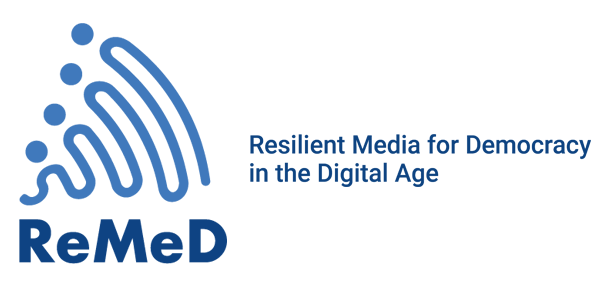
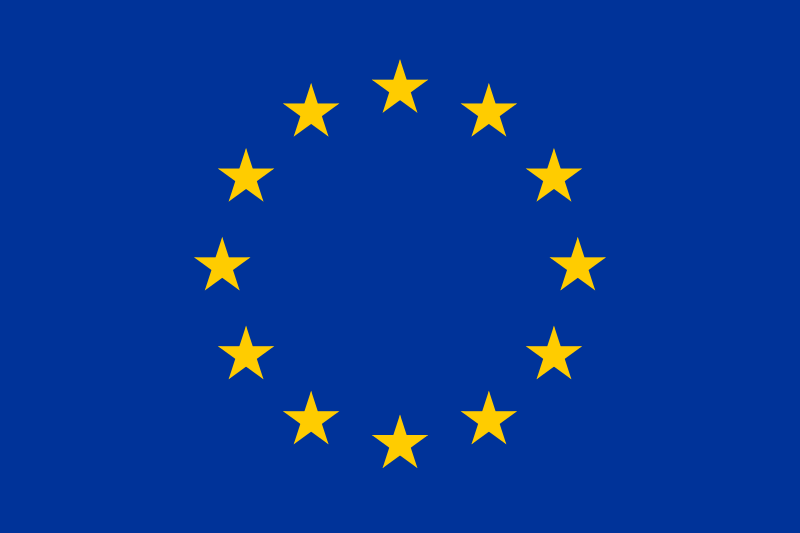
ReMeD #101094742. Funded by the EU under the Horizon Europe Research and Innovation Programme
A project fruit of the
digitalization
ReMeD, which stands for: Resilient Media for Strengthening Democracies in the Digital Age, is a project funded by the European Commission within the Horizon Europe program formed by a consortium of 9 European institutions.
It is a multidirectional approach that addresses the current problems faced by journalists and citizens in accessing truthful news from reliable sources. The digital development has allowed the proliferation of issue of informant voices, but not all of them have contributed to the distribution of sound information. For this reason, citizens' trust in the media has deteriorated and, consequently, the democratic quality of the countries. ReMeD aims to help the media regain their informative role and contribute to the democratic development of Europe. The project aims to propose solutions to strengthen the link between citizens, media companies and professionals and digital technologies.
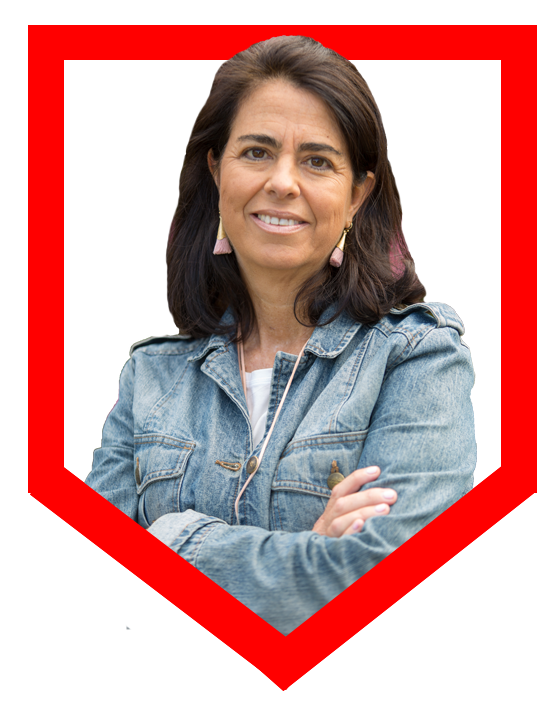
MERCEDES MEDINA, PRINCIPAL INVESTIGATOR
"This research will provide an overview of the problems that affect journalists in the exercise of their activity and the difficulties encountered by citizens in accessing truthful and quality information. We intend to provide initiatives for citizens to avoid the toxic impact of disinformation and make decisions based on contrasted facts."
OUR PILLARS
The research of project revolves around four fundamental pillars
four fundamental pillars

Journalists
Provide them with an environment at work where they can practice their profession in freedom.

Citizens
Provide literacy programs that contribute to creating a better informed citizenry.

Regulators
fill in gaps in the current regulation on digital rights.

Communication companies
Facilitate business models that guarantee quality and transparent information.
01
Establish accountability mechanisms on the current conditions, professionalization processes, ethical standards and cultural norms of professional journalists and alternative media content producers.
02
To address the challenges presented by the relationship between citizens, journalists and alternative media in the framework of digitalization.
03
Suggest new models of digital platforms, media markets, business models and regulatory frameworks that improve the relationship between media and democracy and contribute to greater transparency.
04
Design a platform to facilitate citizen participation and decision-making based on access to plural and valuable information.
35
RESEARCHERS
PARTICIPANTS
9
RESEARCH INSTITUTIONS
3
YEARS OF
research
![]() Diminished confidence in democratic institutions.
Diminished confidence in democratic institutions.
![]() Climate crisis.
Climate crisis.
![]() Covid-19 pandemic.
Covid-19 pandemic.
![]() Violence and conflicts.
Violence and conflicts.
![]() Socioeconomic inequality.
Socioeconomic inequality.
![]() Immigration and integration.
Immigration and integration.
![]() Equality, inclusion and minority rights.
Equality, inclusion and minority rights.
![]() Digitization of the public sphere.
Digitization of the public sphere.
SAVE THE DATE
31 MAR - 1 APR
Kick-off meeting ReMeD
University of Navarra Museum. Pamplona
UNIVERSITY OF NAVARRA
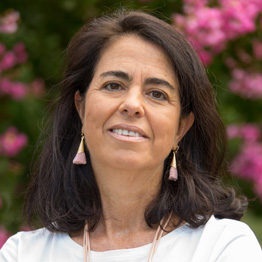
Mercedes Medina
ReMeD coordinator
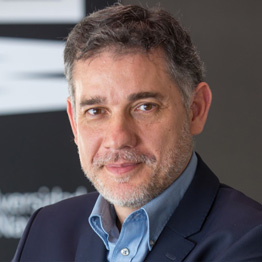
Ramón Salaverría
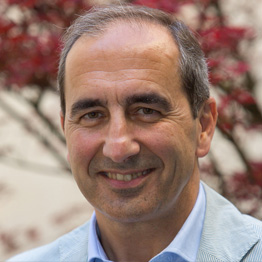
Alfonso Sánchez-Tabernero
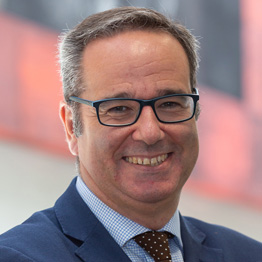
Alfonso Vara
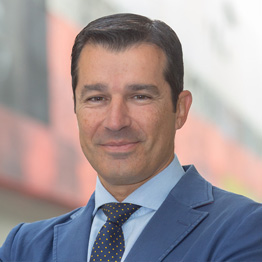
Jordi Rodríguez Virgili
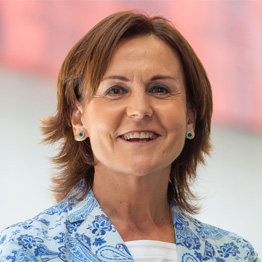
Ana Azurmendi
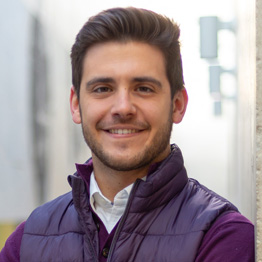
Aurken Sierra

Deborah Rodriguez
UOXF University of Oxford—Oxford, UK
• Nikla Seder
• Nicole Stremlau
• Margarita Amaxopoulou
DCU Dublin City University—Dublin, Ireland
• John Osullivan
• Paul McNamara
• Eirini Evangelia Psychari
VUB Free University of Brussels
• George Terzis
• Ike Picone
• Pauljan Truyens
UC Charles University / Univerzita Karlova — Prague, Czech Republic
• Alice Němcová Tejkalová, Top grade researcher
• Anna Shavit
• Veronika Macková
• Kateřina Turková
• Victoria Nainová
PLUS University of Salzburg / Paris London Universität Salzburg — Salzburg, Austria
• Josef Trappel
• Tales Tomaz
LMU Munich / Ludwig-Maximilians-Universität Mü
• Thomas Hanitszch
• Andreas Riedl
UIA University of Agder Universitetet i Agder — Kristiansand, Norway
• Kenneth Andresen A
• Abit Hoxha B
• Vito Laterza
• Gunhild Kvåle, Researcher
• Gunn Bjørnsen, Researcher
• Veronica Pajaro
• Ferdinand Arntzen
European Federation of Journalists
• Renate Schroeder, Director
• Camille Petit

